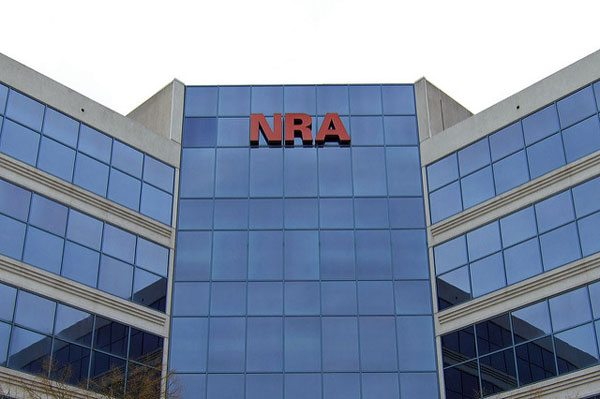
April 24, 2018; Tampa Bay Times and WKRN
Lately, when the ordinary person wants to make a political or social statement, they do it with their wallet. Consumers are taking to boycotts to pressure corporations into taking a stand where it matters most. Before making an important purchase, for example, consumers may reference Grab Your Wallet, a campaign aimed at boycotting retailers that carry Trump-brand products. The campaign’s founder, Shannon Coulter, began compiling information on such retailers after feeling outraged at the infamous video of Donald Trump bragging about assaulting women.
Recently, the National Rifle Association (NRA) has received criticism for its lack of meaningful response following several mass shootings, particularly those which have targeted children in school. While public outcry has called for stricter gun restrictions and policy reform, the NRA stays on script as an organization dedicated to preserving second amendment rights and creating opportunities for future outdoor sports enthusiasts. While public protests called for the government to reign in NRA lobbyists to no avail, corporations were the responsive party. One such company was Dick’s Sporting Goods, which stopped selling assault weapons and imposed a new age-restriction on gun sales.
In some cases, consumers punish corporations for taking a stand. In showdowns like the Keurig boycott, consumers posted videos of themselves on social media destroying the product after the company pulled its ads from Sean Hannity’s show on Fox News. Keurig made the decision after Hannity suggested the possibility that former judge Roy Moore’s alleged sexual encounters with teenagers were consensual.
Sign up for our free newsletters
Subscribe to NPQ's newsletters to have our top stories delivered directly to your inbox.
By signing up, you agree to our privacy policy and terms of use, and to receive messages from NPQ and our partners.
Consumers don’t just withhold money to make a statement, they also spend it. Following the mass shooting at a Parkland, Florida high school in February, gun rights activists donated money to the NRA in droves—so much, in fact, that the NRA broke a fundraising record.
This could perhaps explain a recent, somewhat confusing policy change made by Yeti, the Austin-based ice chest company. On April 20th, the NRA announced to its members that Yeti “declined to do business” with its foundation. Essentially, NRA members will no longer receive a discount when shopping at Yeti. The cooler company wasn’t exactly on a soapbox, however, when it issued its statement about the terminated deal. In fact, Yeti called the NRA’s announcement to its members “inaccurate” and reiterated the company’s respect for the Second Amendment. Delta made a similar move when it also cut its NRA-member discount program, then attempted to remain neutral in subsequent statements.
The nature of business is changing, forcing for-profit corporations to evaluate their values much the same way nonprofits must. But while a nonprofit’s values ultimately guide its every decision, a corporation has the luxury of getting to change its mind if the decision turns out to be unpopular. Ultimately, the power of consumers coming together has shown to be enough of a motivating force to sway corporate decisions, but the nonprofit industry maintains its position as the key value-driven industry.—Chelsea Reichert













